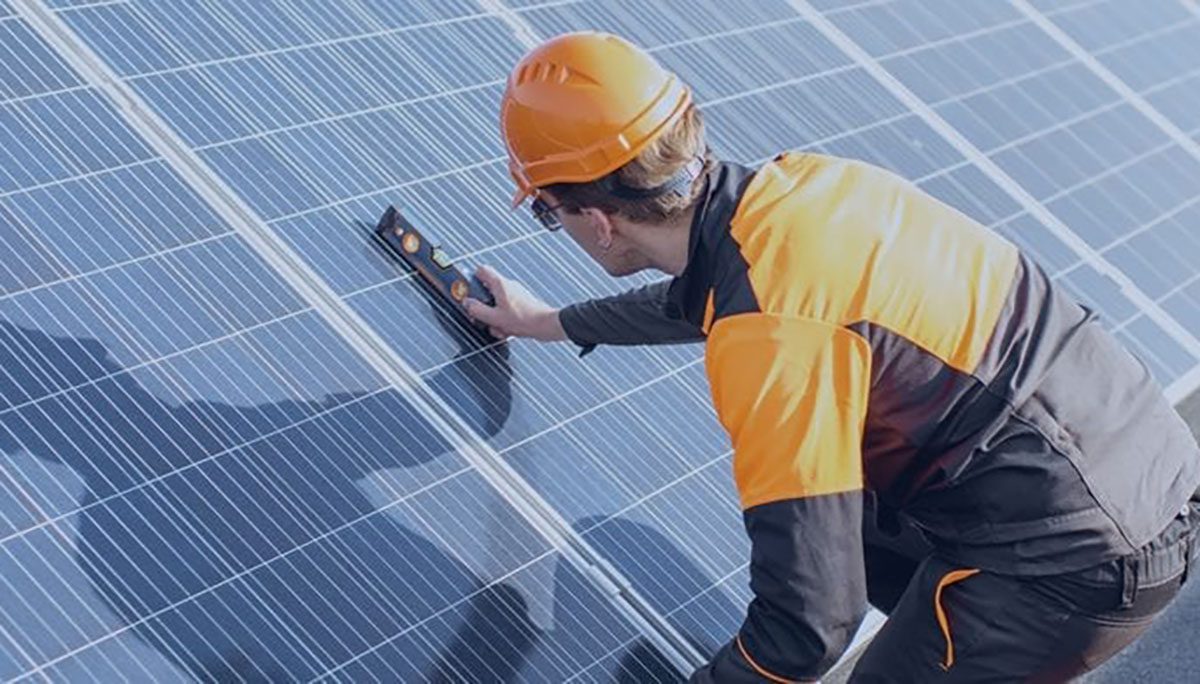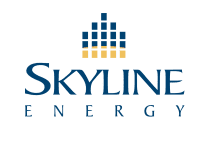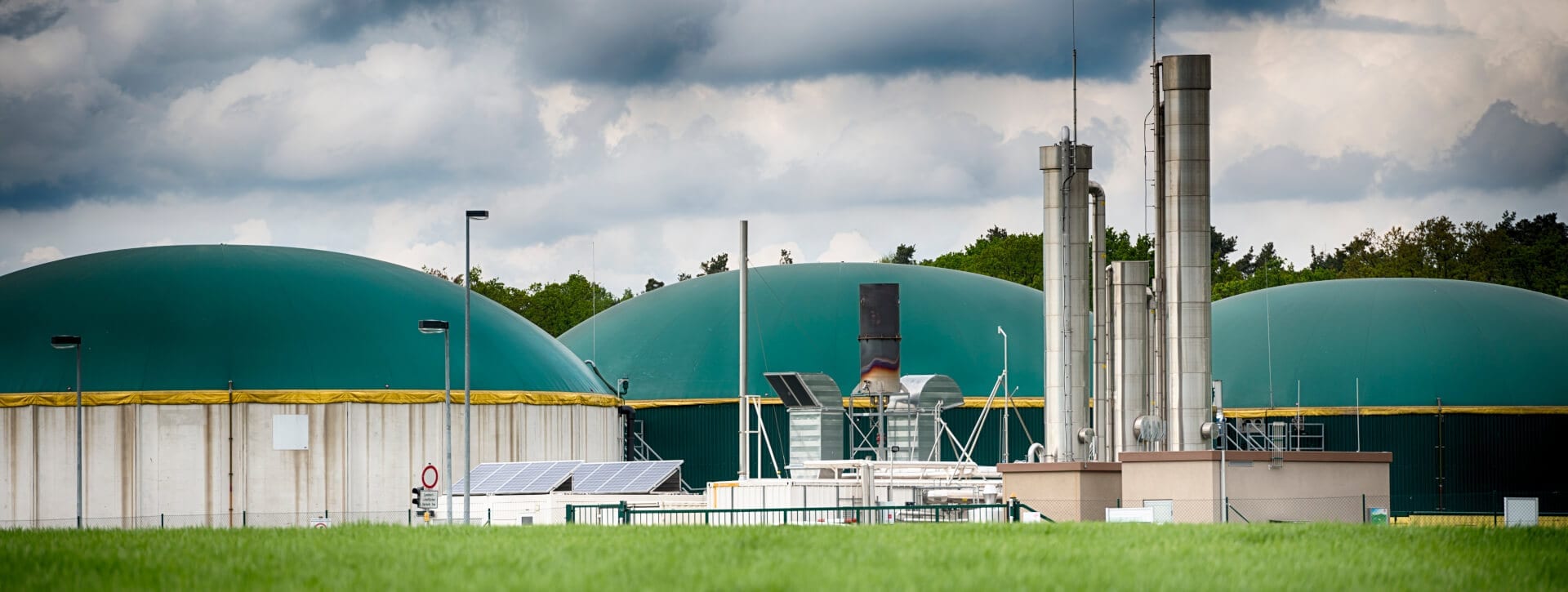
Skyline Energy Explains: What Materials Can Create Biogas?
December 1, 2020 Insights
Biogas can be created from many different types of organic matter. Most commonly, a variety of types of organic waste are treated and/or mixed before going into a digester to create biogas.
Organic materials that can be used for biogas production include:
- Food waste, such as spoiled food from grocery stores and cafeterias; table scraps
- Residual waste from industrial/commercial food processing
- Livestock manure
- Livestock feed waste
- Slaughterhouse waste
- Wastewater and sewage
- Farm Wastes
- Energy crops, such as corn silage
The best materials for biogas have optimal nutrient levels and naturally occurring microbes that are necessary for anaerobic digestion (the fermentation process that converts the waste materials into gas).
The ecological benefit of using organic materials for biogas
Since biogas is created from organic materials, it is a naturally sustainable and efficient energy source.
All of these materials might otherwise end up in a landfill and end up contributing further to the climate crisis by releasing toxic levels of methane gas, or by causing toxic chemicals to end up in water treatment plants.
Instead, the biogas process takes advantage of what nature already wants to do: recycle organic materials into productive resources. It is essentially taking potentially toxic methane and converting it into a safer, and much more useful, form.
Skyline Energy is a proud member of the Canadian Biogas Association. We believe that biogas can play a major role in accelerating Canada’s clean energy generation objectives, and we’re excited to see the biogas sector gaining momentum across the country.
About Skyline Clean Energy Fund
Skyline Clean Energy Fund (“SCEF”) is a privately owned and managed portfolio of medium to large scale clean energy assets, focused on acquiring income-producing assets across Canada, under long-term government contracts.
SCEF is offered as an alternative investment product through Skyline Wealth Management Inc. (“Skyline Wealth Management”), the exclusive Exempt Market Dealer (EMD) for SCEF.
SCEF is committed to surfacing value to its investors through asset monitoring and optimization, while providing a sustainable investment product based in clean, renewable energy.
To learn more about SCEF and its asset manager, Skyline Energy, please visit SkylineEnergy.ca.
To learn about additional alternative investment products offered through Skyline Wealth Management, please visit SkylineWealth.ca.
Skyline Clean Energy Fund is operated and managed by Skyline Group of Companies.
For media inquiries, please contact:
Cindy BeverlyVice President, Marketing & Communications
Skyline Group of Companies
5 Douglas Street, Suite 301
Guelph, Ontario N1H 2S8
cbeverly@skylinegrp.ca
More from this category:
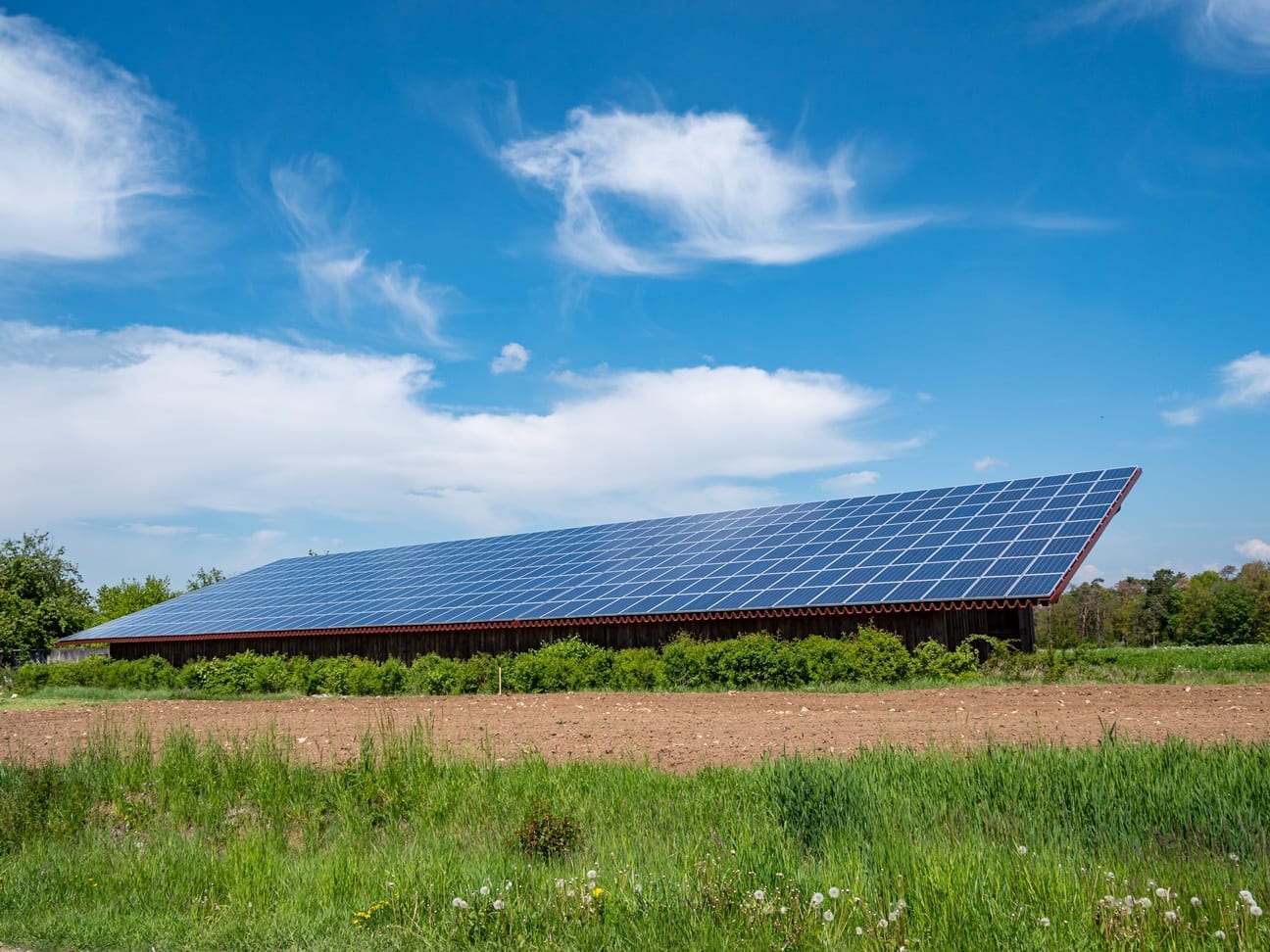
The Value of Sustainable Investing
What is sustainable investing? Sustainable investing: it used to be considered a “nice-to-have” for an investment portfolio, but it's quickly gaining ground as a strategy to mitigate portfolio risk and generate returns. It also has the added benefit of making a positive contribution to society. Sustainable investing is an investment in companies that contribute an [...]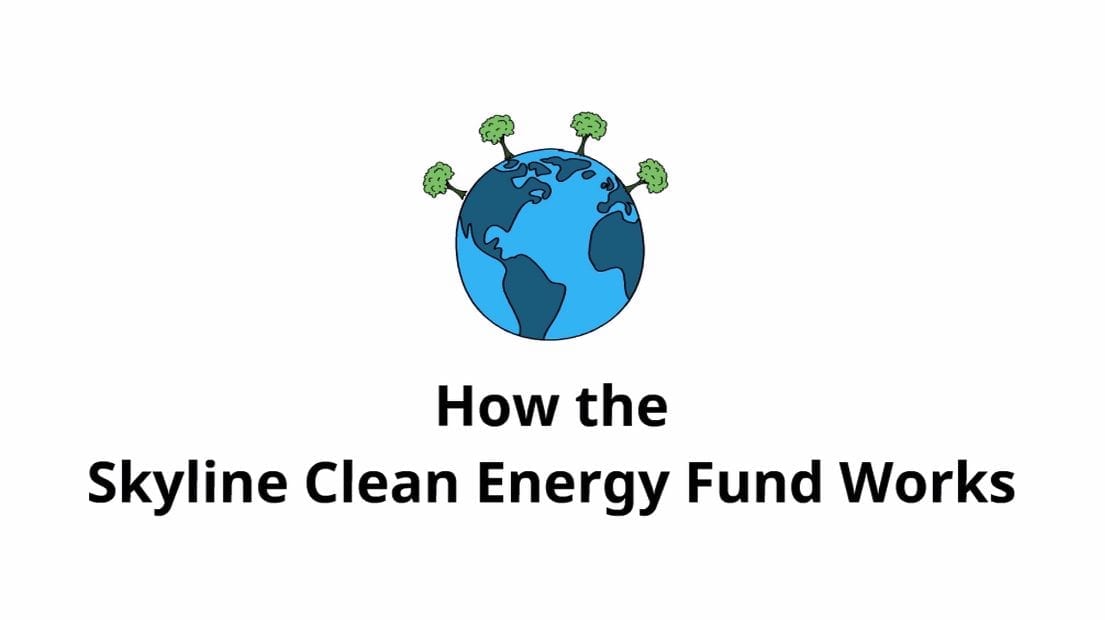
Wondering How The Skyline Clean Energy Fund Works? Watch This Short Video.
Watch this animated video to learn more about: What types of clean energy assets (and their contracts) the Skyline Energy team adds to the SCEF portfolio How the Skyline Energy team maintains the assets How SCEF is positioned to grow amidst the changing clean energy landscape